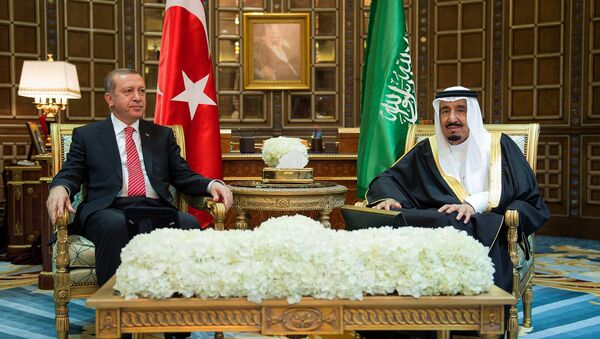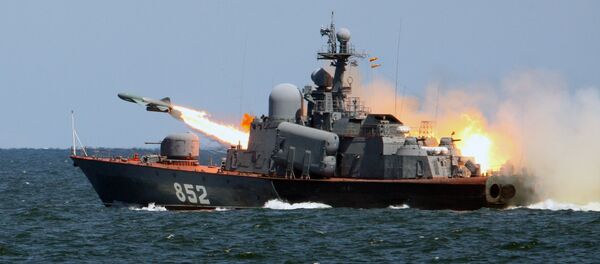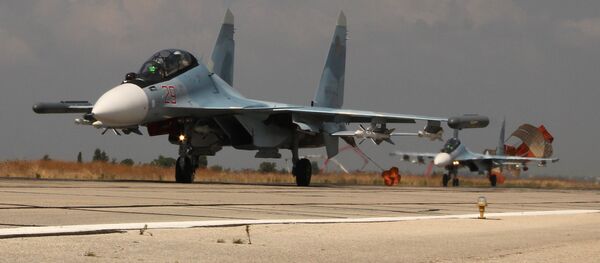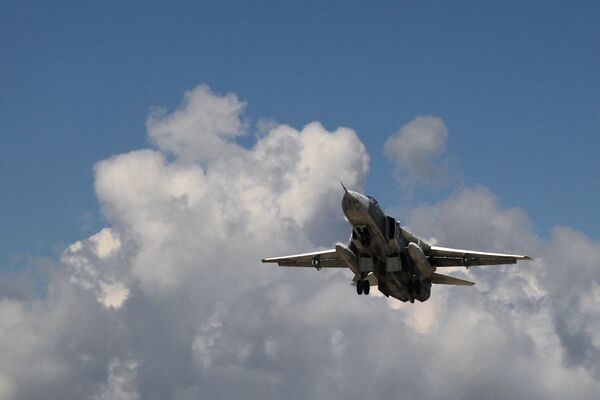Egypt's Foreign Minister Sameh Shukri recently said that Russia came to Assad's assistance to deal "a fatal blow to terrorism in Syria, and its strikes are in line with those of the anti-Daesh coalition in Syria and Iraq." Islamic State, also known as ISIL/ISIS, is often referred to as Daesh in the Middle East.
The difference in perceptions among Arab nations stems from differing views on who the groups fighting in Syria are. Like Moscow, Cairo, Amman and Abu Dhabi see anyone employing terrorist methods as an extremist which has to be dealt with. Riyadh, Doha and Ankara, on the other hand, support any group which tries to overthrow Assad regardless of their creed. The only notable exception from this rule is ISIL.
Implications of this strategy are clear: extremist groups in Syria, like ISIL or al-Nusra Front, were able to destroy or integrate fighters trained by the US. With additional support from the Gulf states, they will be able to wrestle US equipment away whenever they want to.
While the coalition, including the US and Gulf nations, is torn apart by infighting, the alliance, comprising Russia, Iran, Iraq and Syria, is becoming stronger.
"A more formal relationship between Iran, Russia and Syria is not a huge game-changer. … The real change is Iraq's shift toward Iran and Russia, a move that seems to create a rift between the US and the government of Iraqi Prime Minister Haider al-Abadi," Defense News asserted.
Washington apparently did not expect this to happen, prompting US Deputy Defense Secretary Bob Work to say in late September that the US was "caught by surprise that Iraq entered into this agreement with Syria, Iran and Russia."
Shia, Sunni, Doesn't Matter: Russia Stays Away From Sectarian Violence in Syria
Russia's opponents want to paint Moscow's campaign in Syria aimed at assisting Damascus in tackling extremists as falling within sectarian lines, but Vladimir Putin has made it clear that Russia does not take the side of Sunnis or Shiites.
"On no account does Russia plan to become engaged in inter-religious conflicts in Syria," Putin told Russian TV journalist Vladimir Solovyov. He referred to claims that Moscow is supporting Shiites against Sunnis as a "false assumption."
"We draw no distinction between Shiites and Sunnis," Putin emphasized, adding that leaders of some Sunni countries support Russia's campaign in Syria. Moscow's aerial operation is meant to assist the Syrian government in its fight against the brutal Sunni group, which is so radical that even some extremist organizations have denounced ISIL modus operandi.





